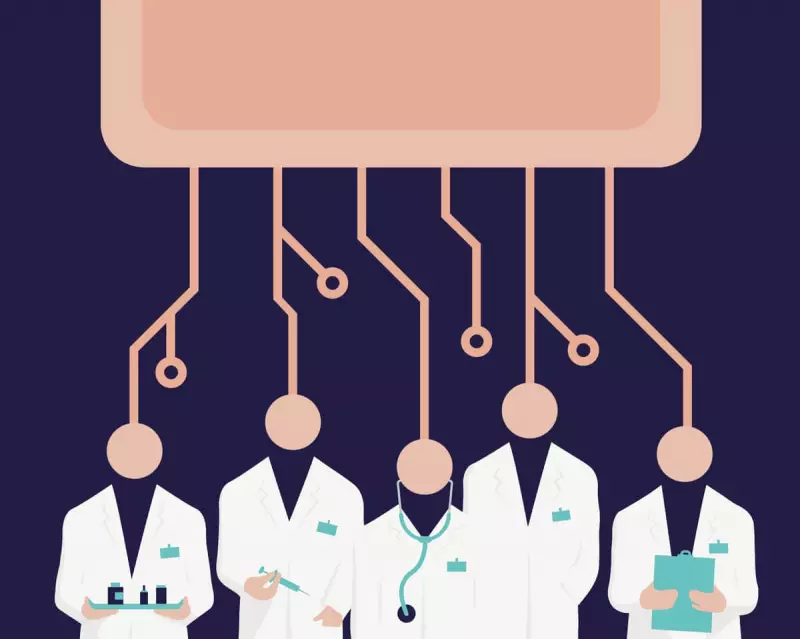
The National Health Service stands on the brink of a technological revolution that could fundamentally transform how Britons receive medical care. Rather than replacing human doctors, artificial intelligence is poised to become an indispensable partner in diagnosing illnesses and managing patient care.
The Growing Case for Digital Physicians
With the NHS grappling with unprecedented waiting lists and staffing shortages, AI doctors offer a compelling solution. These sophisticated systems can analyse medical data with superhuman speed and accuracy, spotting patterns that might escape even the most experienced human practitioners.
Professor David Hunter from the University of Oxford suggests we're approaching a tipping point: "We're not talking about replacing clinicians but augmenting their capabilities. AI can handle routine diagnostics, freeing up human doctors for complex cases and patient interaction."
Beyond Science Fiction: How AI Doctors Actually Work
Today's medical AI systems are already demonstrating remarkable capabilities:
- Analysing medical images with greater accuracy than human radiologists
- Processing thousands of research papers to suggest treatment options
- Monitoring patient vitals in real-time and alerting staff to changes
- Providing initial consultations through conversational interfaces
Addressing the Trust Deficit
Public scepticism remains the biggest hurdle. A recent survey revealed that only 35% of Britons would feel comfortable receiving a diagnosis from an AI system. However, experts argue this resistance will fade as the technology proves itself.
Dr Sarah Chen, leading an AI trial at Imperial College London, notes: "When people experience faster diagnoses and more consistent care, attitudes change. The technology isn't perfect, but neither are human doctors. The combination of both offers the best of both worlds."
The Regulatory Challenge
The Medicines and Healthcare products Regulatory Agency is developing frameworks to ensure AI medical tools meet rigorous safety standards. The focus is on creating transparent systems that can explain their reasoning—crucial for both doctor trust and patient acceptance.
The Human Touch Will Still Matter
Even the most enthusiastic proponents acknowledge that AI will never fully replace the empathy and nuanced judgment of human clinicians. The future likely involves AI handling initial assessments and routine monitoring, while human doctors focus on complex cases, surgery, and the crucial patient-doctor relationship.
As the NHS faces growing pressures, embracing AI doctors might not just be desirable—it could become essential for maintaining the healthcare standards Britons expect.





